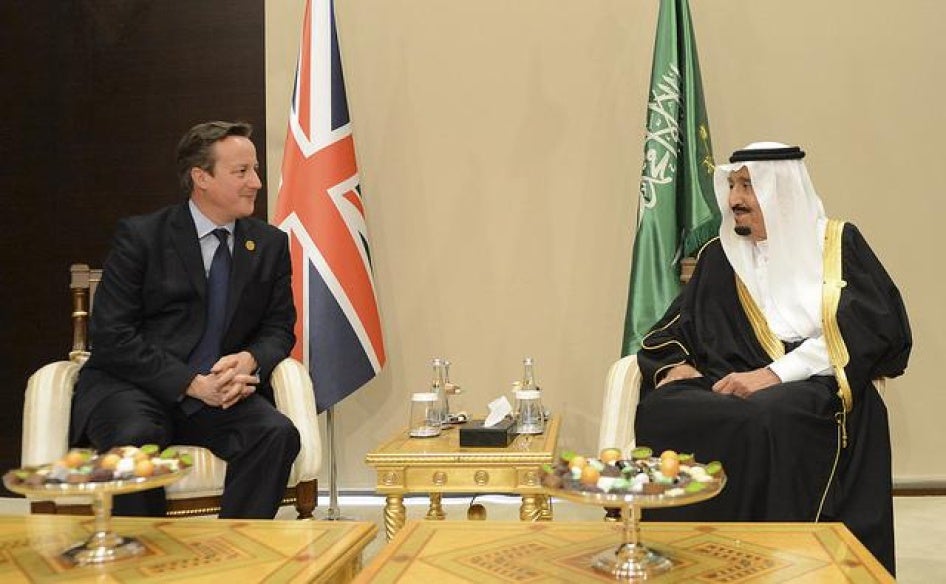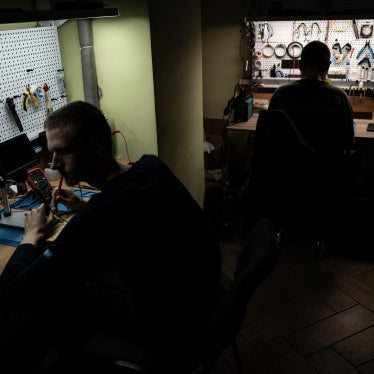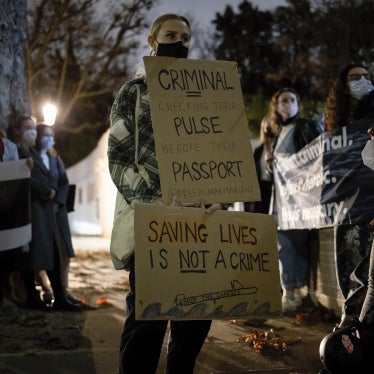For more than a year, the British government has been arming and supporting Saudi Arabia despite overwhelming evidence that the Saudi-led coalition is violating the laws of war in its conflict in Yemen. And for more than a year, British ministers have obfuscated and even denied that these violations are taking place.
But an absence of candor and transparency in British policy towards Saudi is not confined to Yemen. New revelations, which only came to light following a Freedom of Information (FOI) request, show that Britain is training Saudi policemen and prison guards. This despite the fact that Human Rights Watch and others have documented many cases of serious abuses by the Saudi Ministry of the Interior that oversees their work. This includes allegations of torture and ill-treatment in prisons and detention centers, such as beatings, electrocution, and pouring chemicals into the mouths of detainees. As the UK Foreign Office should know well, Saudi Arabia also tends to treat political dissidents, government critics, and human rights activists the same way that it does alleged terrorists: convicting them in laughably unfair trials in its Specialised Criminal Court (Saudi’s terrorism tribunal). All because they dared to suggest peaceful political reform in the Kingdom.
Of course, there is a case for internationally-supported reform efforts, to help change the behavior and practices of abusive police, security forces or justice systems in other countries. But for this to be meaningful, as opposed to mere window-dressing, two things are necessary. Firstly, those who provide the reform assistance should set clear reform benchmarks and report regularly and publicly against these. Secondly, the recipient of the assistance – in this case, the Saudis – would need to demonstrate serious commitment to reform, reflected in statements and, most importantly, in their actions.
UK efforts in this area appear to fail both tests. Without the FOI request, no one in the UK parliament or public would even be aware that the UK has been supporting this work since 2009, let alone what it was designed to achieve, or has achieved, in the UK’s view, over this period. And there is no evidence of meaningful efforts by Saudi to curb grave and systematic abuses by its security forces or police, in its prisons, or through its misnamed justice system. UK efforts in this area are patently not working, and the programme should be stopped pending an urgent and far-reaching reassessment of British policy towards Saudi Arabia.










